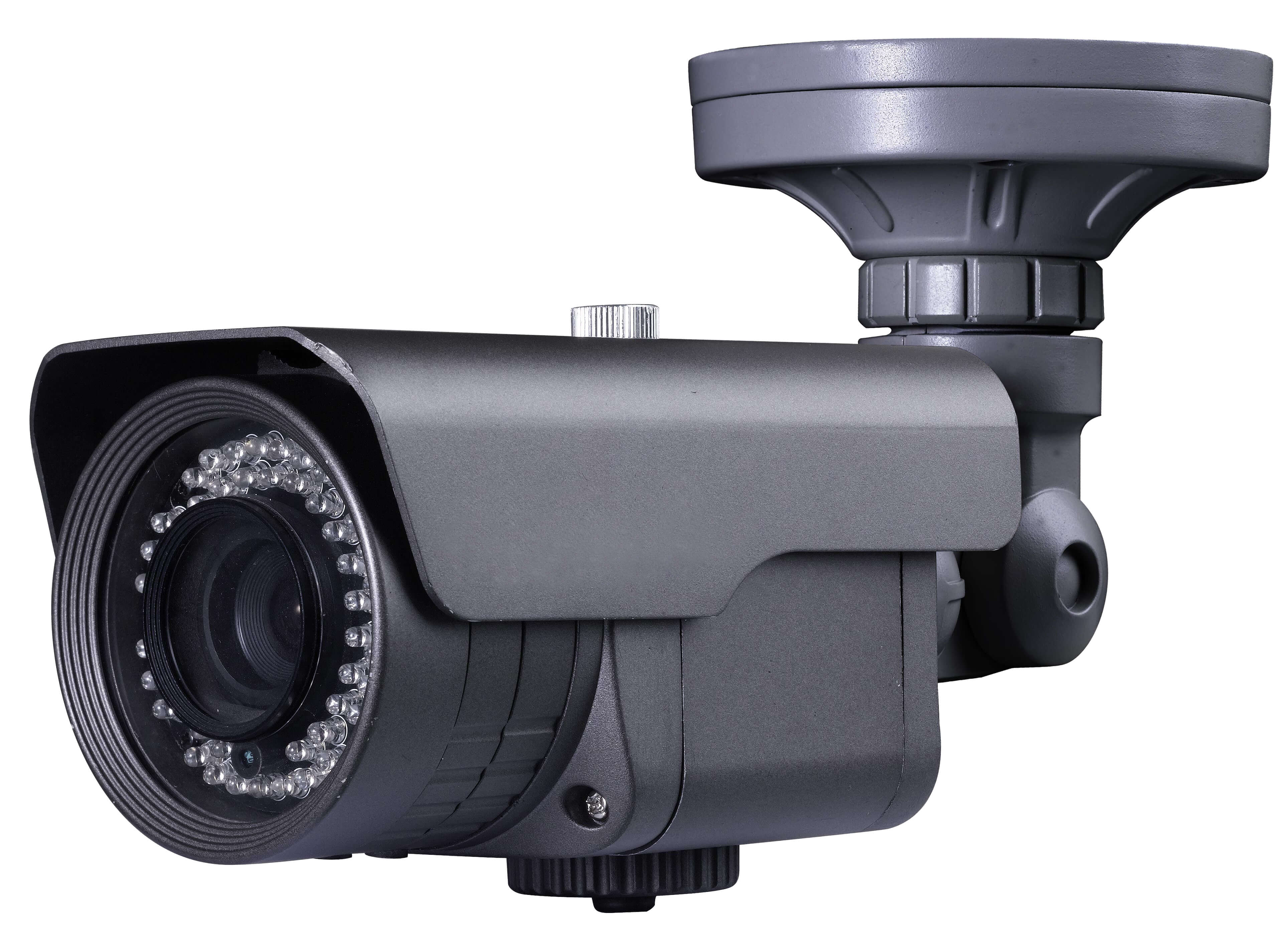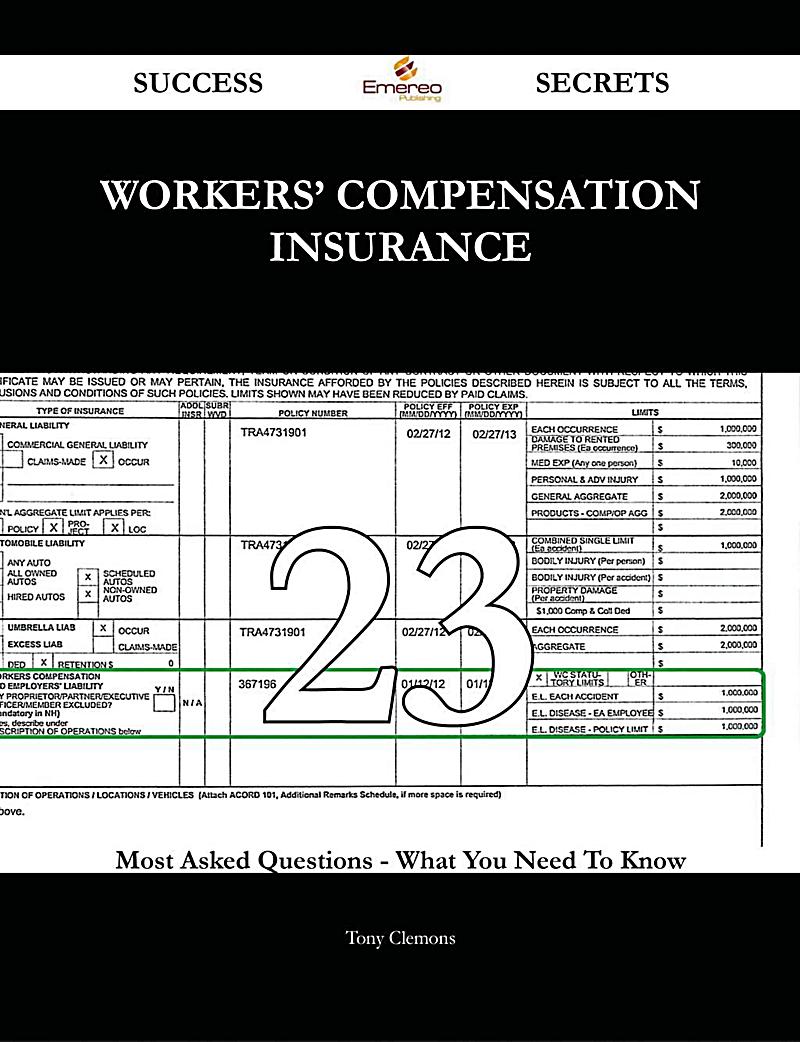As a business owner, it is crucial to protect yourself and your company from unexpected risks and financial burdens. One way to achieve this is through General Liability Insurance, which provides coverage for a wide range of common risks that businesses may face. In this article, we will delve into the key aspects of General Liability Insurance and why it is an essential component of any comprehensive commercial insurance portfolio. Whether you are just starting out or have been in business for years, understanding the ins and outs of this insurance can help ensure that you are adequately protected and prepared for any unforeseen circumstances.
General Liability Insurance serves as a safety net for businesses, providing coverage for claims related to third-party bodily injury, property damage, and advertising or personal injury. Essentially, it safeguards your business from legal liabilities and the financial repercussions that can arise from accidents, injuries, or property damage caused by your day-to-day operations. From slip and fall accidents at your premises to product liability claims, General Liability Insurance can help cover legal expenses, medical bills, and settlements or judgments, allowing you to focus on running your business while being confident that you have the necessary protection in place.
In addition to the primary coverage areas, General Liability Insurance often integrates with other commercial insurance policies to ensure comprehensive protection for your business. Policies such as Workers’ Compensation Insurance and Cyber Liability Insurance can work in tandem with General Liability Insurance to address specific risks associated with your industry or operational practices. Workers’ Compensation Insurance provides coverage for employee injuries or illnesses that occur on the job, while Cyber Liability Insurance safeguards you against costs arising from data breaches, cyber attacks, or other technology-related incidents. Understanding how these policies complement one another is crucial for evaluating your insurance needs and creating a comprehensive risk management strategy.
Protecting your business from unexpected expenses and potential legal actions is paramount. By familiarizing yourself with General Liability Insurance and its nuances, you can make informed decisions about your insurance coverage and ensure that your business is adequately protected. With that in mind, let’s delve deeper into the five key aspects you need to know about General Liability Insurance to help safeguard your business and its future.
1. Understanding General Liability Insurance
General Liability Insurance is a crucial type of commercial insurance that every business owner should be familiar with. It provides protection against claims made by third parties for bodily injury, property damage, personal injury, and advertising injury. This coverage is designed to safeguard your business from legal and financial repercussions that could arise from such claims.
One key aspect of General Liability Insurance is that it typically covers the cost of defending against lawsuits, including attorney fees, settlements, and judgments. This means that if your business is sued for an incident covered by the policy, your insurance company will step in to provide legal support and financial assistance.
It’s important to note that General Liability Insurance is not a substitute for other types of coverage, such as Workers’ Compensation Insurance or Cyber Liability Insurance. While General Liability Insurance protects against third-party claims, Workers’ Compensation Insurance provides benefits to employees who are injured or become ill on the job. Cyber Liability Insurance, on the other hand, protects against losses resulting from cyber attacks, data breaches, and other cyber-related risks.
Understanding the basics of General Liability Insurance is essential for any business owner. By having this coverage in place, you can have peace of mind knowing that your business is protected against unforeseen liabilities that could potentially cripple your operations and financial stability.
Flood Insurance South Carolina
2. Importance of Workers’ Compensation Insurance
Workers’ Compensation Insurance is a crucial component of any comprehensive commercial insurance plan. This type of insurance provides essential coverage for both employers and employees in the event of workplace injuries or illnesses. With the high costs associated with medical treatments and potential legal action, having Workers’ Compensation Insurance can provide peace of mind and financial protection.
For employers, having Workers’ Compensation Insurance helps fulfill legal obligations and ensures compliance with state regulations. In case an employee is injured on the job, this insurance will cover their medical expenses, rehabilitation costs, and lost wages during their recovery. By having the necessary coverage in place, businesses can safeguard their finances and avoid potential legal consequences.

Employees also benefit greatly from Workers’ Compensation Insurance. In the unfortunate event of a work-related injury or illness, they can rely on this insurance to cover their medical expenses and provide income replacement during their recovery. This not only provides much-needed financial support for affected workers but can also help alleviate the stress and uncertainty that often accompanies such situations.
Overall, Workers’ Compensation Insurance is essential for businesses and their employees alike. By investing in this type of coverage, both parties can protect themselves from costly medical bills, legal disputes, and potential financial hardship. It is a wise decision that demonstrates a commitment to employees’ well-being and responsible business practices.
3. The Significance of Cyber Liability Insurance
In today’s digital age, businesses are increasingly reliant on technology to streamline their operations and communicate with customers. However, this reliance also exposes them to various cyber risks that can have devastating consequences. That’s where cyber liability insurance comes into play.
Cyber liability insurance is a type of coverage that protects businesses from financial losses and liabilities associated with data breaches, cyber attacks, and other cyber-related incidents. These incidents can result in the theft or compromise of sensitive customer information, disruption of business operations, and legal repercussions.
With the prevalence of data breaches and cyber attacks on the rise, it is crucial for businesses to protect themselves against these threats. Cyber liability insurance provides coverage for various expenses that may arise in the event of a cyber incident. This includes the costs of investigating and containing the breach, notifying affected parties, providing credit monitoring services to affected customers, and even managing potential legal claims.
Moreover, cyber liability insurance not only helps businesses mitigate financial losses but also safeguards their reputation. When customers trust a company with their personal information, they expect that it will be handled securely. A cyber breach can shatter customer trust and loyalty, leading to reputational damage and loss of business. By having cyber liability insurance, businesses demonstrate their commitment to protecting customer data and can quickly respond to and recover from cyber incidents.
In conclusion, cyber liability insurance plays a vital role in safeguarding businesses against the consequences of cyber threats. It provides financial protection, helps cover various expenses, and preserves a company’s reputation. As the digital landscape continues to evolve, having adequate cyber liability insurance is becoming increasingly necessary for businesses of all sizes and industries.








